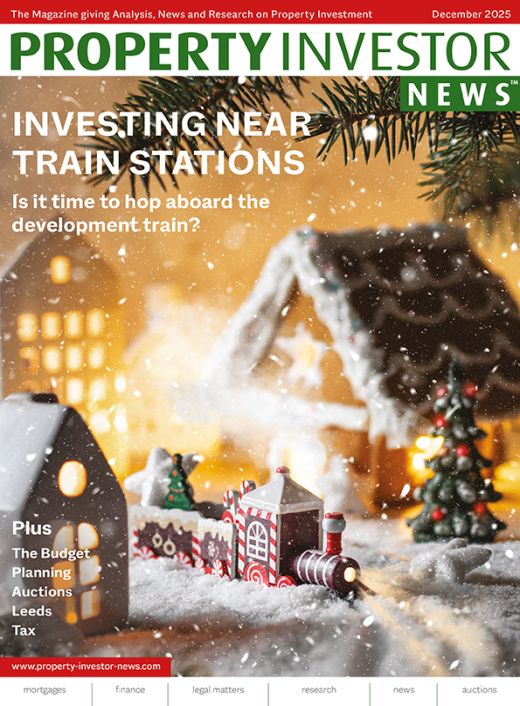Growing uncertainty surrounding the Autumn Budget has left many developers hesitant to progress new housing projects, with confidence falling sharply as fears of new property taxes, rising costs, and ongoing planning challenges weigh heavily on the sector according to Octane Capital.
Octane’s latest survey of UK property developers revealed that 64% of developers are not confident about starting new residential developments over the next 12 months, while a further 28% said they were only cautiously confident. Just 8% said their pipeline was progressing as normal.
Jonathan Samuels, CEO of Octane Capital, said: “Confidence among developers has clearly weakened ahead of the Autumn Budget, and it’s easy to see why. Speculation around new taxes, higher capital gains charges, or potential land levies is creating a holding pattern across much of the sector. Developers thrive on certainty, but right now that’s in short supply.
“While planning reform remains the key to unlocking housing delivery, access to flexible and efficient finance is equally important in maintaining momentum during periods of uncertainty. Specialist lenders play a vital role in bridging gaps, refinancing projects, and ensuring viable schemes don’t grind to a halt while developers wait for policy clarity.
“If the Government truly wants to hit its housing targets, it must focus on measures that support delivery - whether that’s cutting bureaucracy, reducing transaction costs, or widening access to development funding. A well-targeted Stamp Duty reform could provide a near-term boost to buyer demand, helping to restore confidence throughout the housing pipeline.”
The survey highlights widespread concern that potential new taxes could further dampen activity in an already fragile development environment. Over a quarter (28%) of developers said they were very concerned about the prospect of an annual or land-value tax on high-value property or development land, while a further 35% shared concerns, but said the impact would depend on the thresholds and rates applied.




















